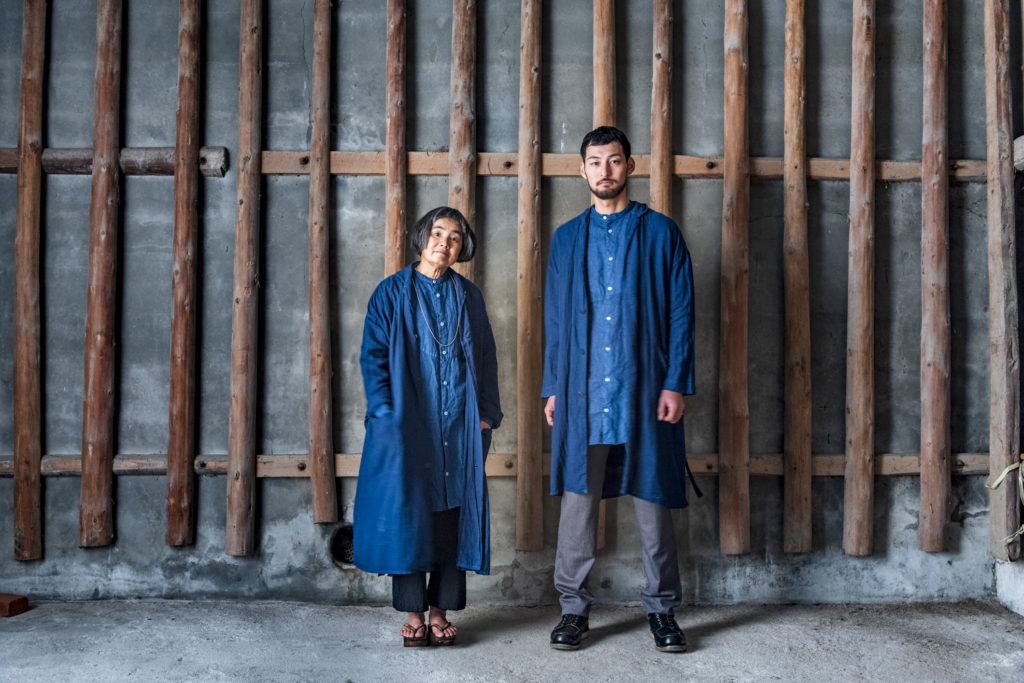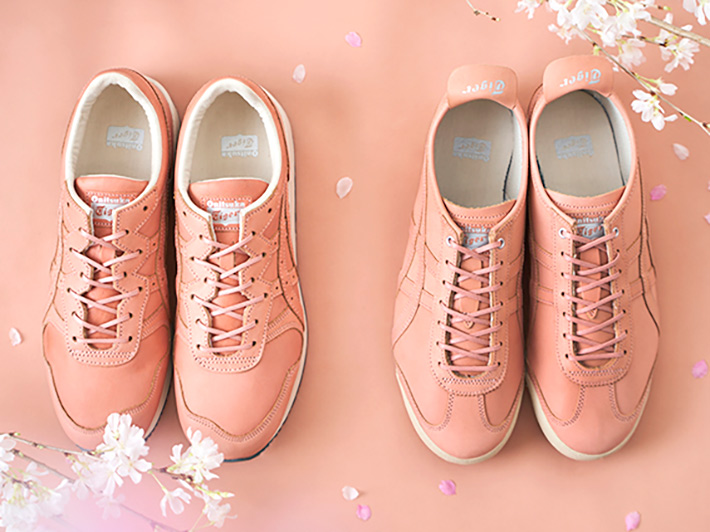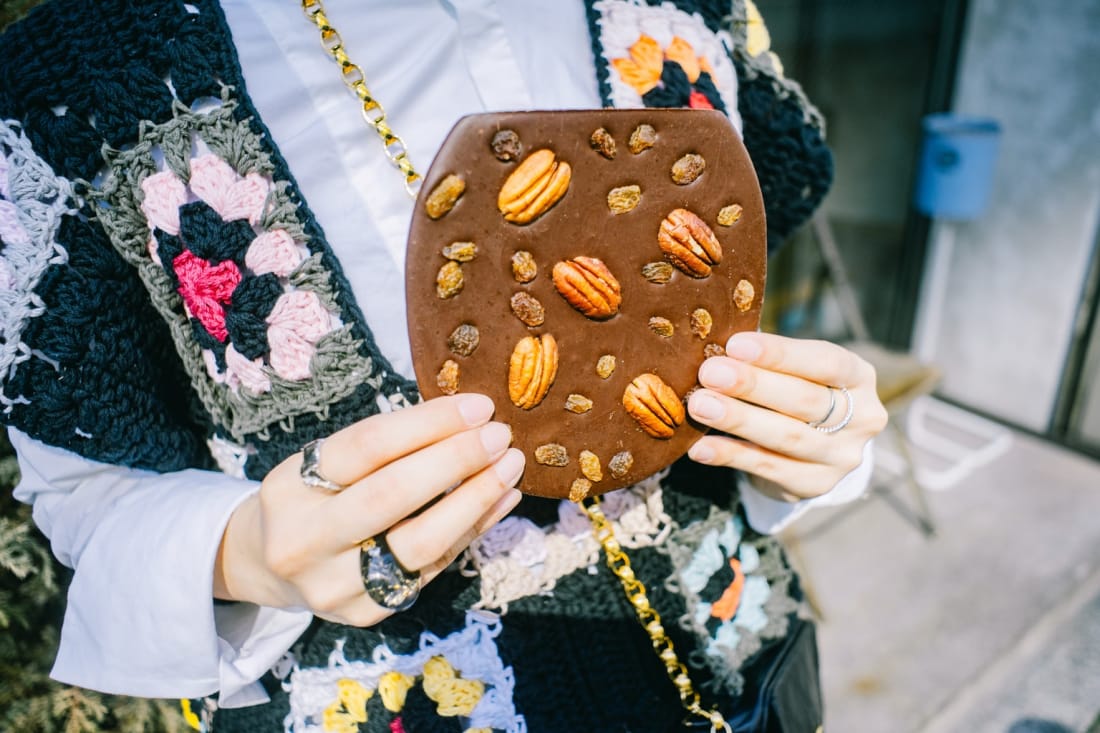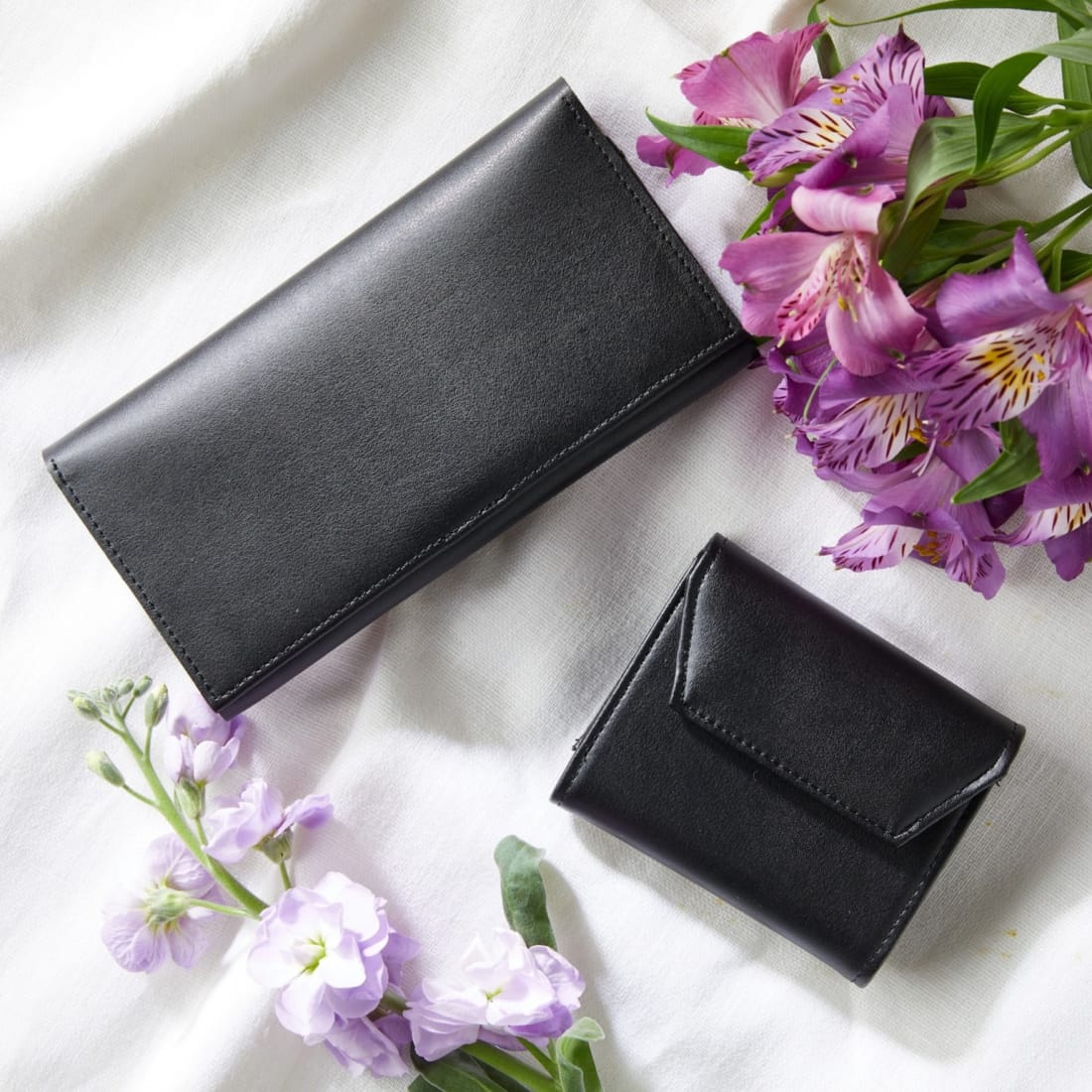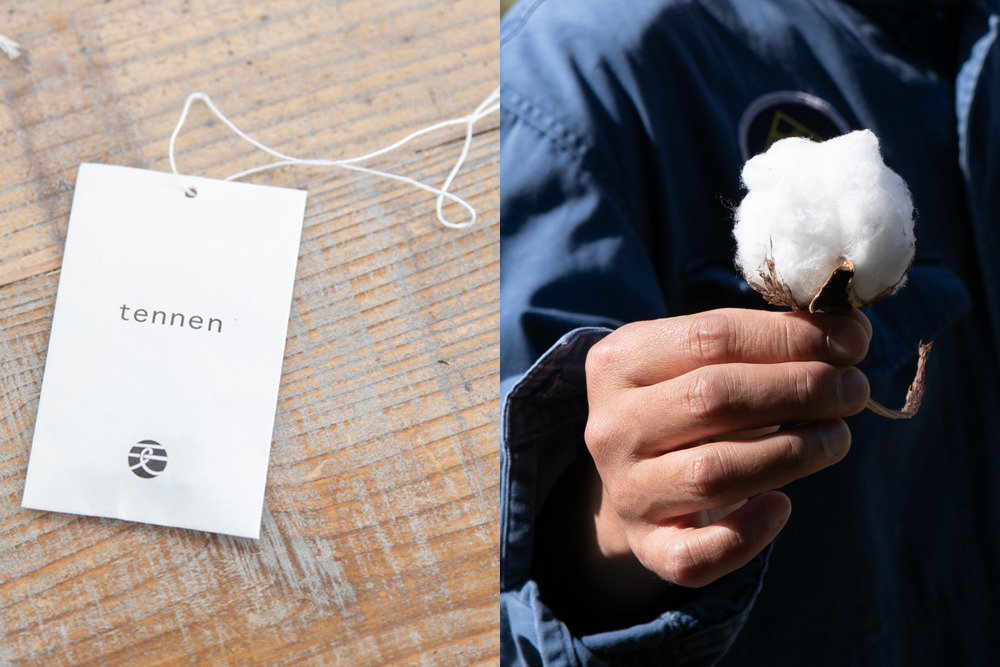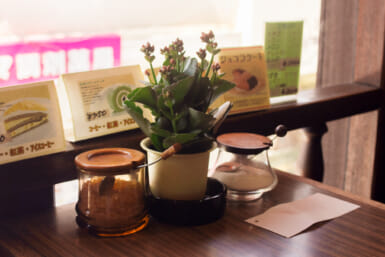The Japanese practice of koromogae is the seasonal change of clothing. The next leaf turns around June 1, when summer attire takes to Tokyo’s streets. If you are looking to add to your wardrobe, or even thinking about a wholesale change this season, keep sustainability in mind.
As Japan slowly becomes conscious of ethical manufacturing, some brands have been the pioneers in the field, making positive changes to society, as well as to the people involved in the making of our clothes. Here are five Japan-made brands that could stand as an alternative to traditional fast fashion brands.
1. Maito Design Works
The brand manufactures high-quality, plant-dyed weaved and knitted products. Established in 2010, its mission is to protect the traditional techniques of Japanese weaving and natural dyeing, as well as to raise awareness on the importance of continuing the legacy. All products are created with the help of experts in the Japanese textile industry, a sector that is seeing a significant decrease in artisans.
Maito Design Works offers unique, “botanical,” plant-dyed leather goods as well. In 2018, the brand collaborated with Onitsuka Tiger, launching two sakura-dyed running shoes made from the aforementioned botanical leather. Currently, in addition to apparel, the brand offers plant-dyed bags, socks, yarns, towels and even plant-dyed buttons. Additionally, their main store hosts monthly natural dye workshops for people to engage in the craft of natural dyeing.
2. PLAYFÜL
Established in Osaka by Lisa Koh, a fourth-generation Korean-Japanese designer, fashion has circulated around the topic of identity. Her struggle to find a place in a homogenous society often led her to have a victim complex, struggling with finding a balance between the culture she knew and the culture she grew up with. The moment of awareness came out of the blue when she heard about the reality of clothing sweatshops. The realization that she can very well become the perpetrator as a consumer awakened the desire to start her fashion brand.
The Playfül brand’s first project was a collaborative event to raise awareness of the unfair labor standards against artists with disabilities. The clothing lineup consisted of pants and scarves with a QR-coded tag that included interviews recorded by Koh.
Koh is now working on a new project scheduled to launch from May 15, where customers will be able to pay what they can on a piece of clothing. The founder herself has worked in a workshop in Bangladesh for over a month to understand and explore the idea of what would make something truly fair to actualize the upcoming project.
3. Re:nne
Having kicked off in March 2021, Re:nne is a newly established brand that offers vegan leather wallets. Their simple yet functional wallets are 100% chemical-free, individually made by Japanese leather artisans, partly biodegradable, and most importantly, indistinguishable from genuine leather wallets.
The raw material used to make the wallets is a type of cacti known as Nopale and often found growing in Mexico. Although having won Green Product Award 2020 and LVMH Innovation Award, this emerging material is only finding its niche in the sustainable clothing industry relatively recently. Its quality, durability and striking similarity to real leather, are slowly being recognized as a potential leather substitute. Cacti don’t require an excessive amount of water, pesticides or herbicides, making this an ideal organic material for sustainable production.
4. 宝島染工 Takarajima Senkou
Established in 2001 by Chiharu Ogomori, Takarajima Senko is a small two-story workshop located in the countryside of Fukuoka Prefecture. The brand aims to “mid-to-mass-produce” traditional plant-dyed goods. Ogomori’s frustration with the lack of job opportunities in the hand-dye sector of the textile industry topped with a massive shift from analog to digital marketing methods sparked the idea to start a more factory-like production process to create unique clothing pieces. Their goods are all hand-dyed in their factory.
The brand uses natural dyes sourced not only from Japan but also from other Asian countries to help the local community. One of their indigo materials is sourced from the Living Blue project in India that supports as many as 3,000 local artisans and their fair labor.
5. tennen
tennen launched in 2018 with an intention to create plastic-free, Japan-made, recyclable, “circulating clothing.” Ever since their launch, tennen’s mission has been to create 100% decomposable clothing that wouldn’t pollute the environment. Their clothing tags embody the brand’s mission and contain cottonseeds for customers to sow and grow a cotton plant.
Recently, tennen has kick-started a crowd-funding campaign for a long-sleeve tee made of hemp. Why hemp? You may ask. As commonly known, the hemp fabric is a highly breathable and durable textile, which makes it a perfectly suitable material to endure the scorching, muggy Japanese summer. HEMP GOOD TEE Long Sleeve is designed to be unisex and can be purchased on a crowd-funding webpage Makuake from here.
Change doesn’t happen overnight, but a journey of a thousand miles begins with a single step. This spring-summer season, we’re here to help you take that leap.
Updated On January 16, 2023

